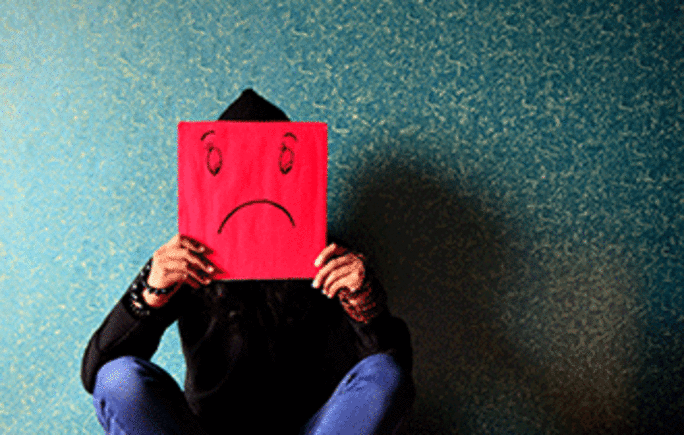Many people who suffer from depression will struggle to motivate themselves to engage in physical activity, but activity can offer significant improvements to someone with mild depression.
The reason physical activity helps is that it releases endorphins in the body, which make us feel good and improves our mood.
What type of physical activity should I do?
All types of physical activity will encourage the production of endorphins. So find something you enjoy and can motivate yourself to do. This will also be a great way to meet the recommended guidelines for exercise.
The guidelines suggest that adults undertake 150 minutes of moderate intensity exercise every week. It doesn't have to all be done at once, so 30 minutes five times a week works just as well.
If you want to do something more strenuous, then you can engage in 75 minutes of vigorous intensity exercise once a week instead.
Exercise on prescription
If you are unsure about being more active because of other medical conditions, have a chat with your GP. They may be able to refer you to a Physical Activity Referral Scheme, such as Healthwise, in your area.
For more impression on depression, please visit www.mind.org.uk












